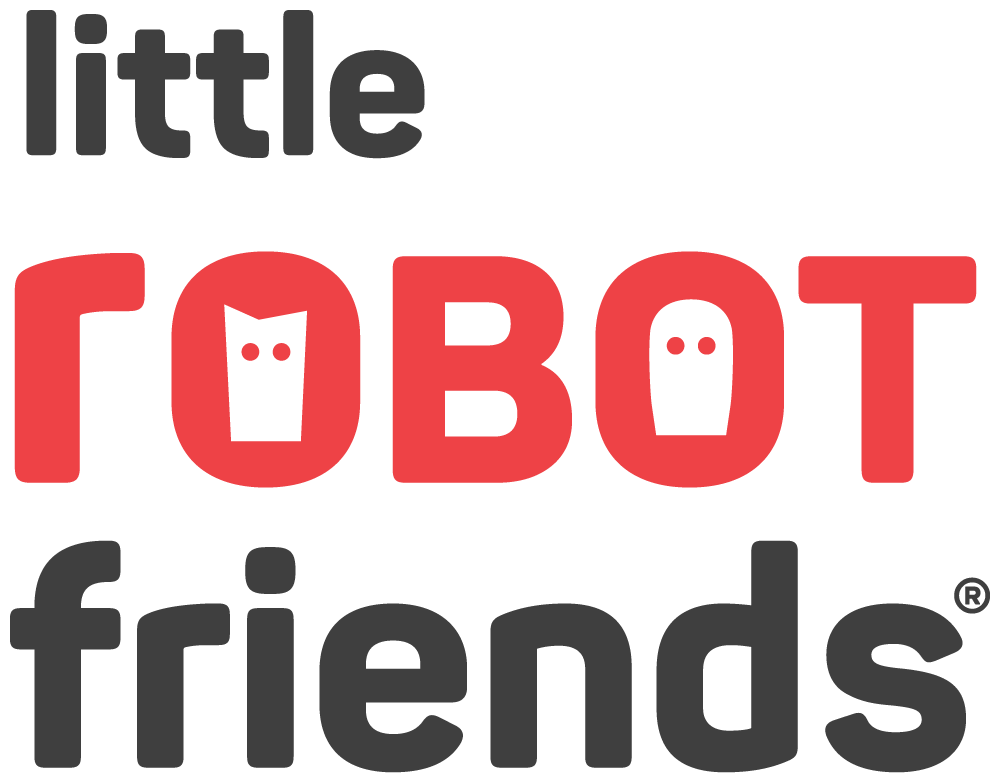Frequently asked questions
Visit our Camps, Classes, and Workshop Policies page for more info!
For our Coding Club, age is often the best deciding factor, with experience level coming in second. Pico and Nano work predominantly with Scratch (programming) and TinkerCAD (3D design + printing), while Micro explores platforms with more real-world applications, alongside some 3D design + printing.
Our Pico level (6-7) is our youngest age group, with the lowest experience levels. At this age, many younger kids (5-6) are still learning basic computer functionality. However, older kids (7-8) with little coding experience can usually outpace the content very quickly.
Our Nano level (7-10) is great for older kids with little coding experience, as well as younger kids with more coding experience. There is a lot of flexibility at this level and the difficulty of activities can be increased or decreased based on individual groups' average experience level.
Our Micro level (9-12+) is currently our highest level, and often has participants exploring newer platforms beyond Scratch that are much more similar to real-world applications. In previous and current terms, we've explored programs such as Gamemaker, Pico8, and P5.js!
We’re always looking for new ways to challenge our most advanced participants. A new level may be on the horizon, that will allow kids to dig deeper into their personal digital interests and passions.
This one we usually leave up to the parents. If you feel your child would be comfortable jumping in about half-way through the grade above them, (ie, they are turning 6 in August, but would do just fine in grade 1 in January) they would probably do just fine with us.
In general, reading ability, hands-on skills, and how comfortable they are with technology are good indicators of success in our programs. But, a high level of enthusiasm can often make up for a lower ability elsewhere!
If you'd like a more informed opinion, feel free to email us at hello@littlerobotfriends.com!
That decision is ultimately up to you, your child, and their educator's recommendations. There are certain skills and learning goals that educators want to see before advancing a student, and they may give parents recommendations at the end of a term.
Generally, if students start to feel bored in their level and are looking for more of challenge, they can move up. If classes felt too challenging that term, they can either move down, or stay in the same level. It's very common for kids to spend multiple terms in one level before moving up!



